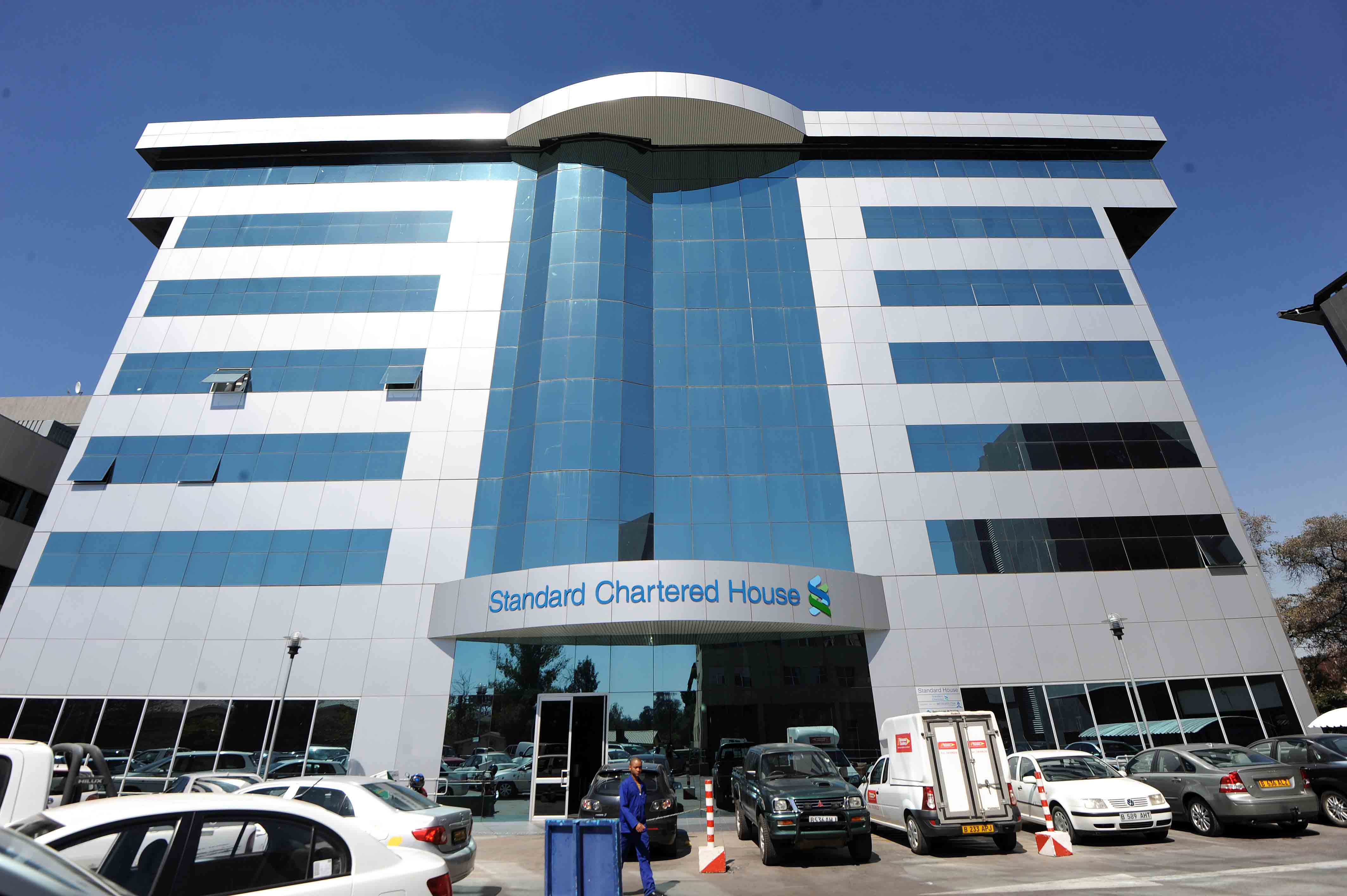- Bank falls short of BoB capital requirements
- Money to cushion against unexpected impairments
- Job losses loom
- Bank shuts down 4 branches
THATO OBUSITSWE
Troubled commercial bank, Standard Chartered Bank Botswana (SCBB) has announced plans to raise P400 million which will be used to meet regulatory capital requirements by the Bank of Botswana (BoB), the company announced on Botswana Stock Exchange (BSE).
The company announced that it seeks to raise capital by way of an issuance of Undated Unsecured Non-Cumulative Subordinated Capital Securities to the sum of P 400 million.
The shares will be issued to Standard Chartered Bank (SCB), a company incorporated in England by Royal Charter which by 31st January 2018, held 0.831 percent of the issued ordinary shares of SCBB.
SCB is also the holding company for Standard Chartered Holdings (Africa) BV, which as of the 31st January 2018, held 74.156 percent of the issued ordinary shares of SCBB, and therefore a related party.
Board of Directors at SCBB said the terms of the Capital Securities will be documented by way of an agreement between SCB and SCBB.
As at 31 January 2018, SCBB had P 247.26 million of Tier 2 Capital in issue in the form of subordinated notes issued under the Company’s P500million Debt Issuance Programme. The company, headed by Chief Executive Officer (CEO) Mpho Masupe also had a subordinated debt in the total sum of P 389 million owing to SCB.
“In order to continue to meet the minimum capital requirements of Bank of Botswana, and to create a cushion against unexpected impairments caused by a difficult business environment SCBB intends to issue the Capital Securities in the total amount of P400 million, which will comprise Additional Tier 1 Capital for the Bank, to SCB and utilize part of that capital to retire the P247.26 million of Tier 2 Capital by exercise of SCBB’s right of redemption,” the board said. Stanchart board is chaired by Professor Bojosi Otlhogile.
Stan Chart’s eminent need to increase its capital reserves is a result of the new accounting standards, International Financial Reporting Standards 9 (IFRS 9). The new IFRS 9 effected on January this year. However, commercial banks are expected to comply with the new accounting system by the beginning of their financial period. Standard Chartered Bank Botswana already started implementing the accounting system by January since their fiscal year commences in January.
IFRS 9 reporting standard talks to how institutions account for financial instruments set by International Accounting Standards Board (IASB), a body which oversees the IFRS. The summary of the matter is the IASB’s recognition of credit losses which brings added volatility to profit and losses. The impact of the provision for future credit losses will mean that banks will essentially need to hold more capital for each loan written.
The enforcement of regulated levels of this ratio is intended to protect depositors and promote stability and efficiency of financial systems around the world.
Banks are required to hold capital in proportion to their perceived credit risks. Currently BoB’s Capital Adequacy Ratio (CAR) is at 15 percent. Since the system will increase the value of the risk weighted assets, consequently, the value of the 15 percent CAR will also increase.
Apparently, a total four branches have been shut this year. Stanchart employed 792 employees, in its total of 21 branches, agencies and a Priority Banking centres as at December 2017.
The bank, which is the first to start operations in Botswana 120 years ago, made P189 million in losses as at December 2017. In the 12 months to December 2017, Stanchart’s overall deposits grew by over 9 percent, to over P13 billion. The growth in advances is despite the continued de-risking of the diamond and jewellery sector from Global Banking.

